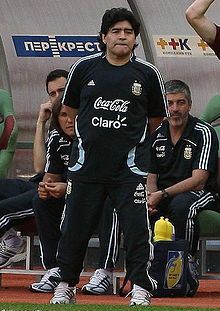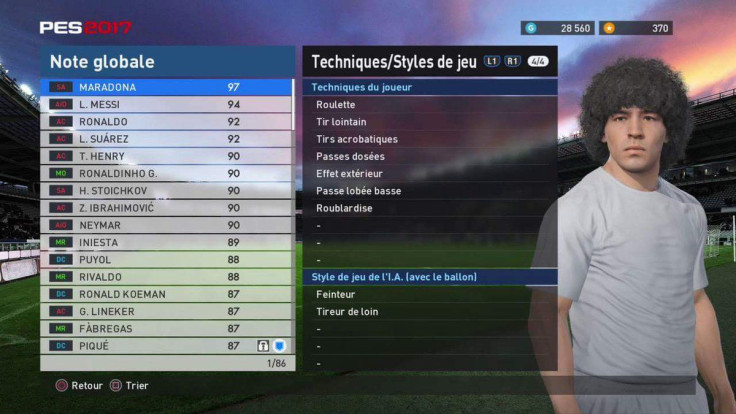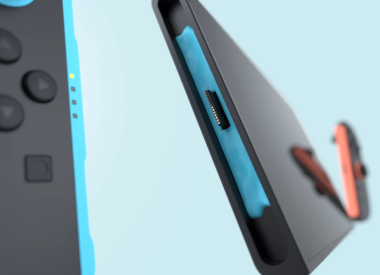Many sports gaming fans believe that Pro Evolution Soccer 2017 is the superior soccer title on the market right now. What PES 2017 lacks in teams and licenses, they make up for in realistic soccer action and the license for prestigious tournaments like the Champions League. Now it seems that a legendary soccer player is not a fan of PES and its developer Konami.

Argentine soccer legend Diego Maradona is accusing Konami of putting him in PES 2017 without his permission. Maradona, who scored 115 goals in his career with the Argentina national team, said that he is ready to take legal action against the game company.
“I heard yesterday that the Japanese company Konami uses my image for its game PES 2017,” said Maradona on his Facebook page. “Unfortunately, my lawyer Matias Morla will initiate the corresponding legal actions. I hope this is not another scam…”
Morla, after Maradona’s statement on Facebook, posted a picture on his Twitter feed of what appears to be vintage Maradona, sporting a hairdo he had in the 1980’s.
#PES2017 usó en forma ilegal la figura y nombre de #Maradona vamos a accionar contra #Konami con todo! @CronicaTV @ciudad_com @bigbangnw pic.twitter.com/NdcZTLiU3G
— MATIAS MORLA (@MatiasMorlaAb) March 30, 2017
Morla also stated that nothing was signed in response to a tweet from someone who mentioned that Konami could not just have put someone in the game without permission from the player themselves.
“Nothing is signed. Does not have permission.”
It is unknown whether Morla has started the process of filing suit against Konami. While this case could be a big deal in terms of player licensing, past, present and future players, this wouldn't be the first major case of a player suing a game company.
In 2008, NFL Hall of Famer Jim Brown sued EA for including his legendary Cleveland Browns’ teams in the game without permission. Similar to the Ed O'Bannon lawsuit, Brown alleged that the company took the names off of the players but their likenesses made it known that the players on the field were Browns players. After eight years, Brown settled with EA to the tune of $600,000 last year.
Konami has yet to respond to the comments from Maradona or Morla. If this case does come to fruition, it will be interesting going forward how it could affect future licensing deals for other sports titles.

















